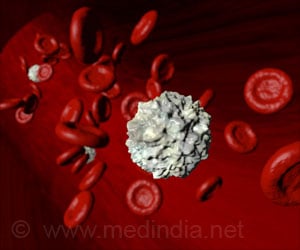American pharmaceutical giant Baxter revealed that its experimental treatment that could have slowed down the mental impairment in Alzheimer’s disease patients has been unsuccessful.

Baxter said participants with a moderate form of the disease and those with a genetic mutation increasing the risk of Alzheimer's who took higher doses of the treatment appeared to have shown some benefits but their number was too small for the results to be regarded as conclusive.
The 18-month clinical study involved some 390 patients with early stage and moderate Alzheimer's.
The study had involved Baxter's Gammagard drug, which is immunopglobulin derived from antibodies extracted from donated blood.
Researchers had hoped to find that the substance helped to attack beta-amyloid plaques, whose build-up in the brain is associated with neuro-degenerative diseases such as Alzheimer's, affecting memory and cognitive skills.
There had been high hopes for Gammagard after it was announced last year that the drug had successfully stabilized Alzheimer's in four patients who had been given high doses for three years.
Gammagard is already on the market to treat certain blood conditions. Its use is not affected by the unsuccessful clinical trial for Alzheimer's treatment.
 MEDINDIA
MEDINDIA




 Email
Email




